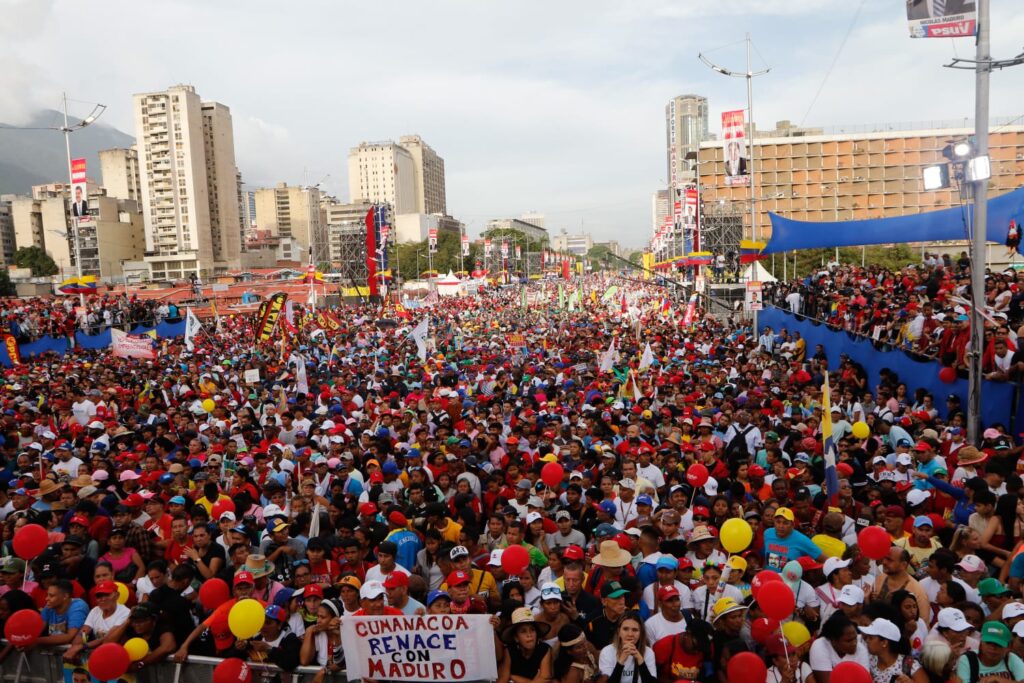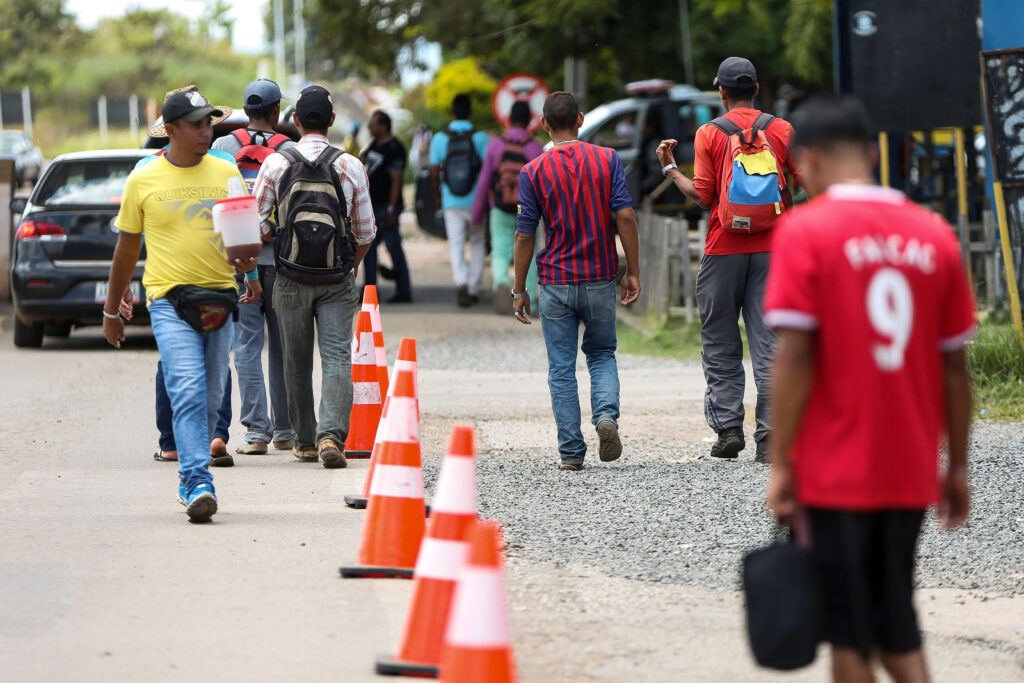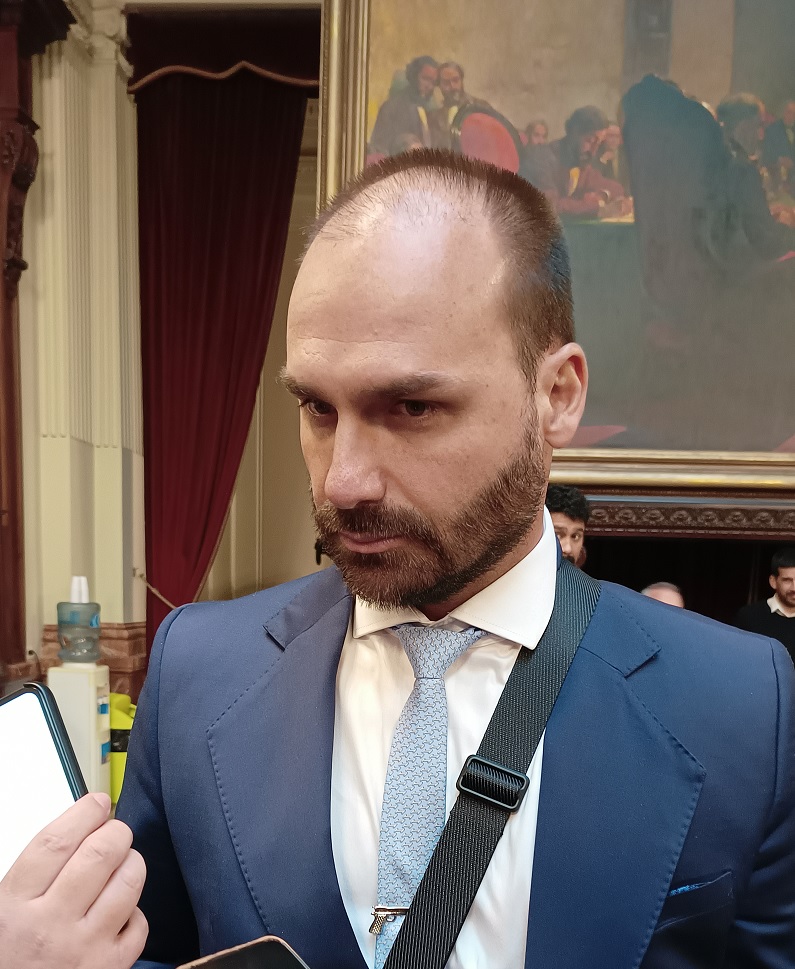Last week, Chile announced plans to leave the Union of South American Nations (UNASUR) on account of its “inefficiency,” making it the sixth country to exit the coalition.
Twelve South American countries, including Chile, created UNASUR in 2008, when left-leaning leaders such as Lula da Silva, Hugo Chávez and Cristina Kirchner were in power. Established to facilitate political dialogue between the nations and to counter U.S. influence on the continent, the international coalition has lost momentum since being left without a leader in January 2017.
Six countries have already suspended their membership of the group, and now Argentina, Brazil, Chile, Colombia, Ecuador and Paraguay have all formally confirmed their intention to leave UNASUR definitively.
On August 28, Colombia’s government expressed its plan to leave UNASUR within six months. In a press release, President Iván Duque described the organization as “an institution that was created to fracture the inter-American system,” which “has contributed to the fact that the brutal treatment of Venezuelan citizens under the dictatorship has gone unreported.”
Earlier this month, Argentina’s Ministry of Foreign Relations released a statement saying their decision to leave the bloc was due to the “crisis that the organism has been suffering…for over two years, as well as an extremely ideological agenda which has strayed far from its initial objectives.”
On several occasions, the Chilean President Sebastián Piñera has accused UNASUR of “failing,” and the statement the Ministry of Foreign Relations tweeted on April 21 explained that it “has moved away from the principles that inspired its creation, and now it is an extremely political and ineffective institution.”
In February, Piñera proposed an alternative bloc called PROSUR, which would be “free of ideologies, open to everyone and 100 percent committed to democracy and human rights” although critics claim that it is simply a right-wing equivalent to UNASUR
Led by Piñera and Duque, the governments of Argentina, Brazil, Colombia, Chile, Ecuador, Guyana, Paraguay, and Peru signed the Santiago Declaration, becoming the original members of PROSUR. Created to aid regional cooperation and development in South America, the group is open to any country on the continent that exercises “full democracy,” which excludes Venezuela.
Left-leaning leaders Evo Morales of Bolivia and Tabaré Vásquez of Uruguay have not yet signed the Santiago Declaration, although El País reported that their representatives were present in Chile during the inauguration of the group.
In a statement to the Peruvian outlet RPP, Bolivia’s Head of the Chamber of Deputies, Víctor Borda, said that PROSUR wants to “subordinate Latin American politics to North American interests,” perhaps because in its current state, all of PROSUR’s members are either centrist or right-wing.











